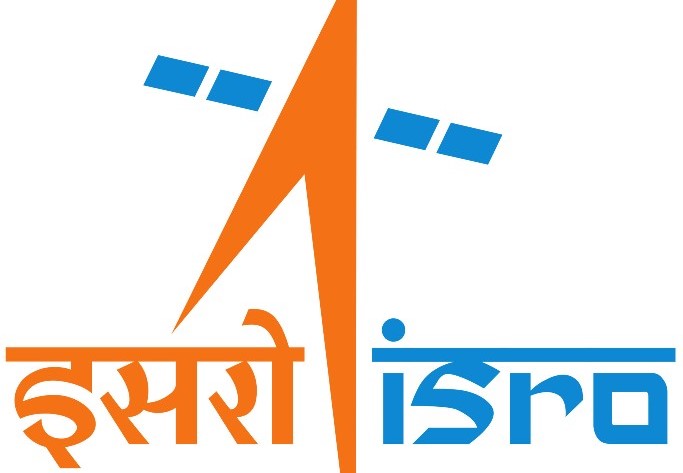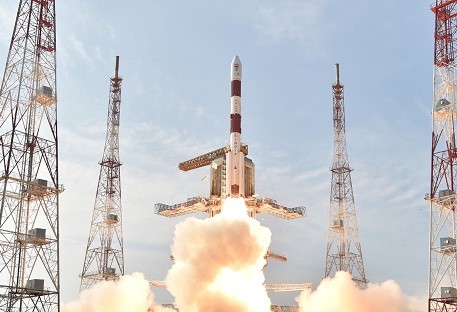
CHENNAI (PTI): Indian Space agency ISRO's sixth navigation satellite IRNSS-1F is all set to be launched on board the trusted workhorse PSLV C32 rocket at 1600 hrs IST on Thursday.
The 54-and-half hour countdown began on Tuesday soon after the Mission Readiness Review Committee and Launch Authorisation Board cleared it and currently, it was "progressing normal", ISRO officials said.
Polar Satellite Launch Vehicle-C32 on its 34th mission would launch the IRNSS-1F, aimed at providing navigation accurately on par with the US-based Global Positioning System, from the Satish Dhawan Space Centre at the spaceport of Sriharikota about 110 km from Chennai.
To provide independent regional navigation satellite system on par with GPS, ISRO has already launched five navigation satellites under the Indian Regional Navigation Satellite System (IRNSS).
While four satellites would be sufficient to start operations of the IRNSS system, the remaining three would make it more "accurate and efficient", an ISRO official said.
"With the launch of four satellites, we were able to provide navigation for 18 hours. But after fifth launch we increased the capacity to 24 hours with an accuracy of 20 metres. The sixth IRNSS-1F and seventh launch (IRNSS-1G) will be accurate and more efficient," an ISRO official told PTI.
The five satellites already launched are IRNSS-1A on July 1, 2013, IRNSS-1B on April 4, 2014, IRNSS-1C on October 16, 2014, IRNSS-1D on March 28, 2015 and IRNSS-1E on January 20, 2016.
ISRO scientists plan to put all seven navigation satellites into orbit by March 2016. The last in the series is expected to be launched by month end.
For the IRNSS-1F launch, scientists have used the "XL" variant used in previous launches of IRNSS satellites, given its capacity to carry load.
Similar occasions where rocket with XL configuration were used were during launch of Chandrayaan-1, Mars Orbiter Mission and ASTROSAT besides the five IRNSS satellites.
Along with the navigation payload and ranging payload, the satellite also carries a "highly accurate Rubidium atomic clock" with it. The payload will transmit navigation service signals to the users.
The 44.4 metre tall IRNSS-1F has a lift-off mass of 1,425 kg and would be launched in sub-Geosynchronous Transfer Orbit (sub GTO). It has a 12 year mission life.
 Previous Article
Previous Article Next Article
Next Article








The Indian Air Force, in its flight trials evaluation report submitted before the Defence Ministry l..
view articleAn insight into the Medium Multi-Role Combat Aircraft competition...
view articleSky enthusiasts can now spot the International Space Station (ISS) commanded by Indian-American astr..
view article